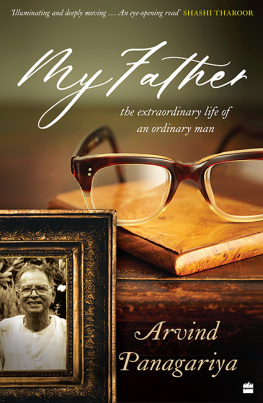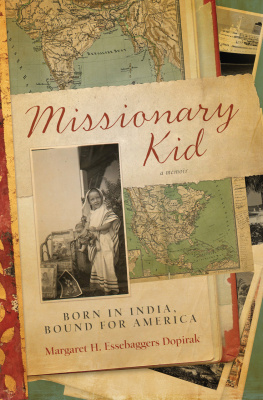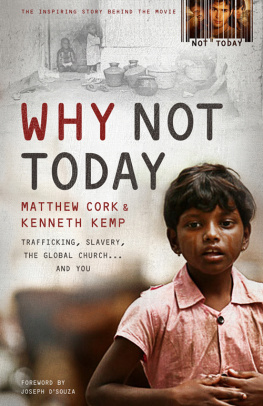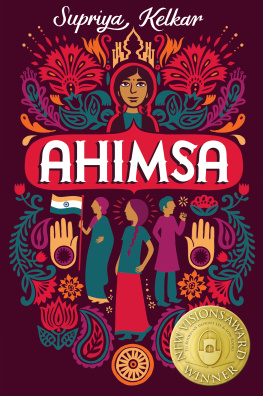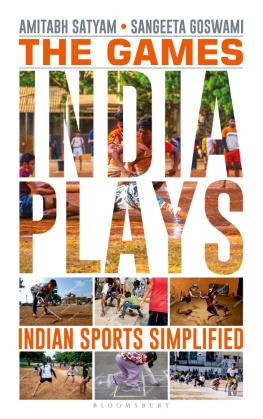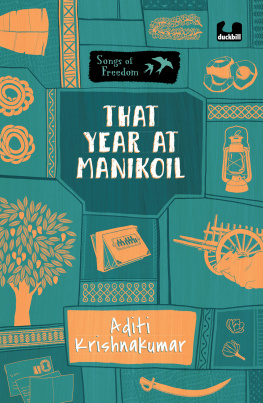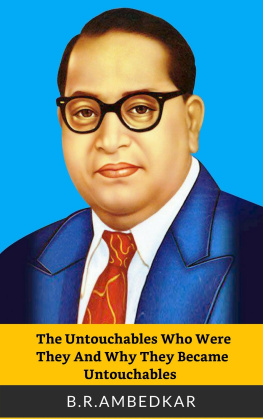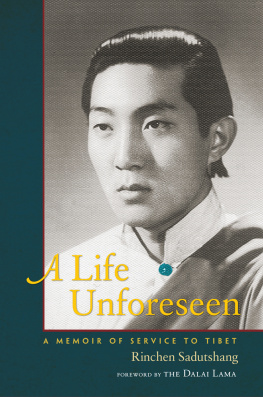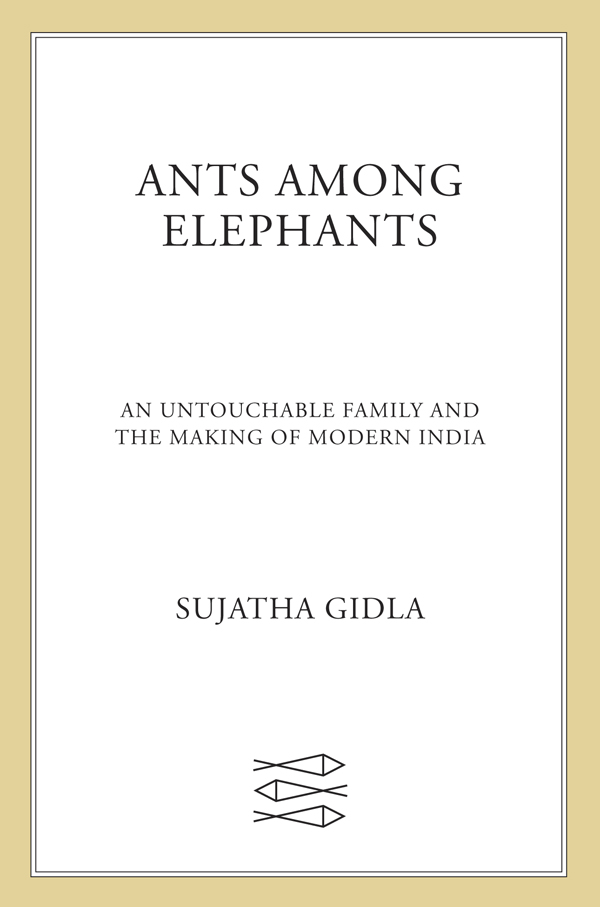Contents
Guide

The author and publisher have provided this e-book to you for your personal use only. You may not make this e-book publicly available in any way. Copyright infringement is against the law. If you believe the copy of this e-book you are reading infringes on the authors copyright, please notify the publisher at: us.macmillanusa.com/piracy.
IN MEMORY OF MY GREAT-GRANDMOTHER MARTHAMMA
FOR ALAN
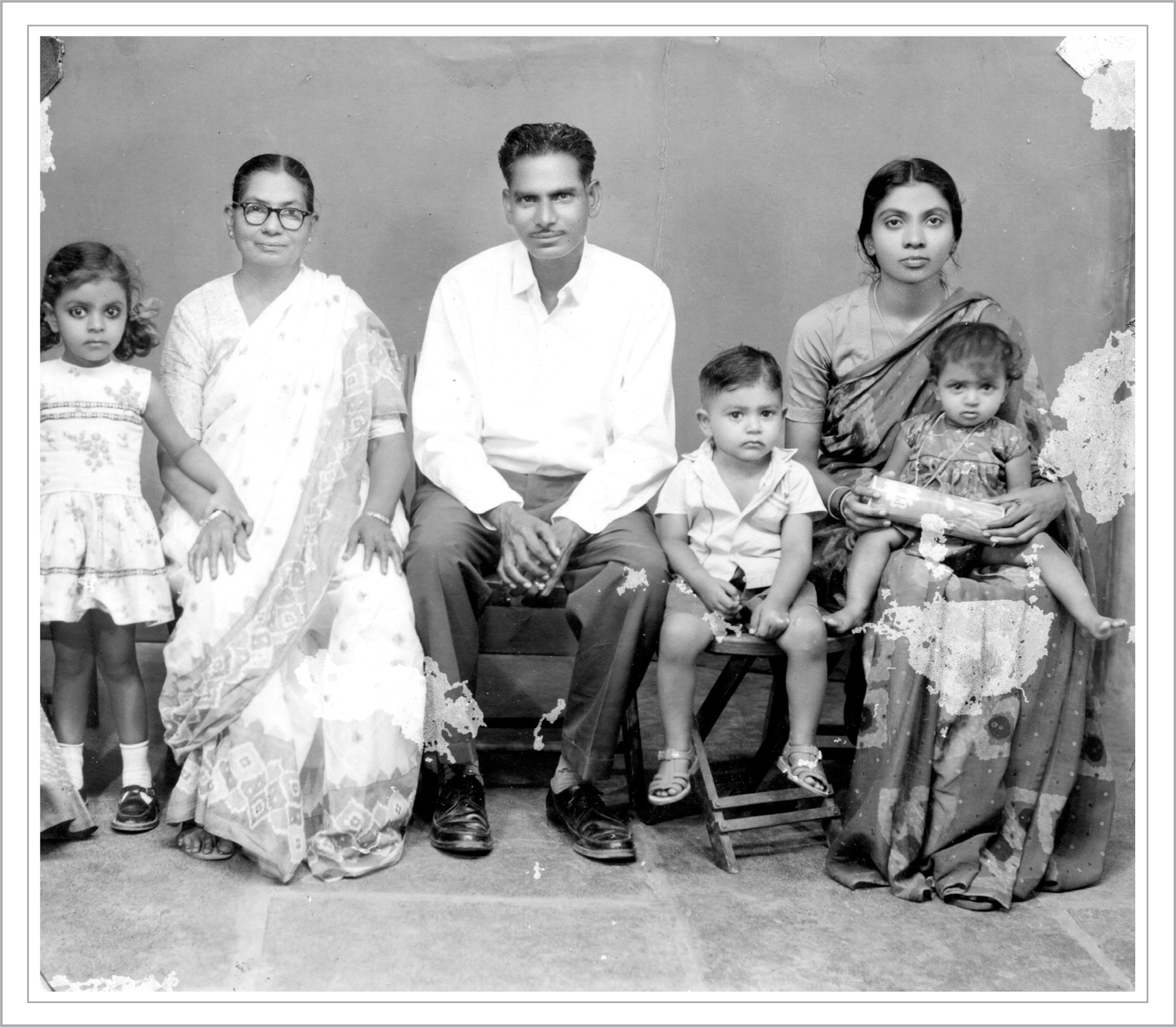
MY STORIES, MY FAMILYS STORIES, were not stories in India. They were just life.
When I left and made new friends in a new country, only then did the things that happened to my family, the things we had done, become stories. Stories worth telling, stories worth writing down.
I was born in south India, in a town called Khazipet in the state of Andhra Pradesh.
I was born into a lower-middle-class family. My parents were college lecturers.
I was born an untouchable.
When people in this country ask me what it means to be an untouchable, I explain that caste is like racism against blacks here. But then they ask, How does anyone know what your caste is? They know caste isnt visible, like skin color.
I explain it like this. In Indian villages and towns, everyone knows everyone else. Each caste has its own special role and its own place to live. The brahmins (who perform priestly functions), the potters, the blacksmiths, the carpenters, the washer people, and so onthey each have their own separate place to live within the village. The untouchables, whose special rolewhose hereditary dutyis to labor in the fields of others or to do other work that Hindu society considers filthy, are not allowed to live in the village at all. They must live outside the boundaries of the village proper. They are not allowed to enter temples. Not allowed to come near sources of drinking water used by other castes. Not allowed to eat sitting next to a caste Hindu or to use the same utensils. There are thousands of other such restrictions and indignities that vary from place to place. Every day in an Indian newspaper you can read of an untouchable beaten or killed for wearing sandals, for riding a bicycle.
In your own town or village, everyone already knows your caste; there is no escaping it. But how do people know your caste when you go elsewhere, to a place where no one knows you? There they will ask you, What caste are you? You cannot avoid this question. And you cannot refuse to answer. By tradition, everyone has the right to know.
If you are educated like me, if you dont seem like a typical untouchable, then you have a choice. You can tell the truth and be ostracized, ridiculed, harassedeven driven to suicide, as happens regularly in universities.
Or you can lie. If they dont believe you, they will try to find out your true caste some other way. They may ask you certain questions: Did your brother ride a horse at his wedding? Did his wife wear a red sari or a white sari? How does she wear her sari? Do you eat beef? Who is your family deity? They may even seek the opinion of someone from your region.
If you get them to believe your lie, then of course you cannot tell them your stories, your familys stories. You cannot tell them about your life. It would reveal your caste. Because your life is your caste, your caste is your life.
Whether they know the truth or not, your untouchable life is never something you can talk about.
It was like this for me in Punjab, in Delhi, in Bombay, in Bangalore, in Madras, in Warangal, in Kanpur, in Calcutta.
At twenty-six, I came to America, where people know only skin color, not birth status. Some here love Indians and some hate them, but their feelings are not affected by caste. One time in a bar in Atlanta I told a guy I was untouchable, and he said, Oh, but youre so touchable.
Only in talking to some friends I met here did I realize that my stories, my familys stories, are not stories of shame.
* * *
NO ONE INFORMED ME THAT I was untouchable. It is not the kind of thing that your mother would need to tell you. What I was told was that we were Christians.
Christians, untouchablesit came to the same thing. All Christians in India were untouchable, as far as I knew (though only a small minority of all untouchables are Christian).
I knew no Christian who did not turn servile in the presence of a Hindu.
I knew no Hindu who did not look right through a Christian man standing in front of him as if he did not exist.
I accepted this. No questions asked.
I saw the grown-ups in my family scrambling to their feet, straightening their clothes, and wringing their hands when a certain bowlegged, cross-eyed, drooly-mouthed Hindu man passed in front of us.
I saw our Hindu neighbors passing us by without even registering our presence.
Accepted. No questions asked.
I knew the cross-eyed, drooly-mouthed man was fucking my aunts (both of them), making children with them, but not marrying them because they were Christians.
I knew a Christian boy who was pushed in front of a train for falling in love with an uppercaste girl.
Christians are lowly. Hindus are superior. Christians are weak. Hindus are powerful.
I understood. I accepted. That was the natural way of things.
The questions started when I was fifteen and someone took me and my sister to see a movie. Then they came in a flood that would not stop for years. In a way, they still havent.
In the movie a rich girl falls in love with a poor boy. The girls powerful family intimidates the poor boys family into forcing him to stop seeing her. The girl, not knowing what her family has done, goes searching for the boy. When she cant find him, she gives up and agrees to marry a nice, well-educated, wealthy man.
No surprises here for an Indian moviegoer. The shock came at the wedding scene. The heroine wears a white gown. Not a sari like a Hindu bride. A white, Western-style gown with a veil, like they wear at Christian weddings.
My blood froze. My brain went numb. I couldnt breathe.
The rich girl was Christian! And I recalled that in the scene where the poor boys family was threatened, his father had on his chest the cross-thread worn by all brahmin men.
This movie, in sheer defiance of the laws of nature, portrayed Christians as rich and powerful andmost amazing of allscornful of brahmins, the highest caste of all.
It is simply not possible to convey what this meant to a fifteen-year-old untouchable Christian girl.
Were there really Christians like this?
Why had I never seen them?
Why had no one ever mentioned this before?
My questions found no outlet. It was too shameful to bring up the subject of our inferior status, even among my own folk. I never thought to ask anyone. I wouldnt have known how to put the words together.
Four years later, at nineteen, I left home to enroll in a postgraduate program at the Regional Engineering College (REC) in Warangal. There were only fifteen RECs in the whole country. Students from other states and even other countries went there to study. That was the first time in my life I saw people from outside my home state of Andhra.
Being a small-town girl, I was afraid of betraying my curiosity about all the strange and modern things I saw at the college. I saw girls with short hair. I saw girls in sleeveless blouses. I even saw some girls wearing pants. Some wore lipstick and tweezed their eyebrows. I saw girls secretly smoking. I learned the concept of boyfriend-girlfriend. And of course all of these girls could speak English.


